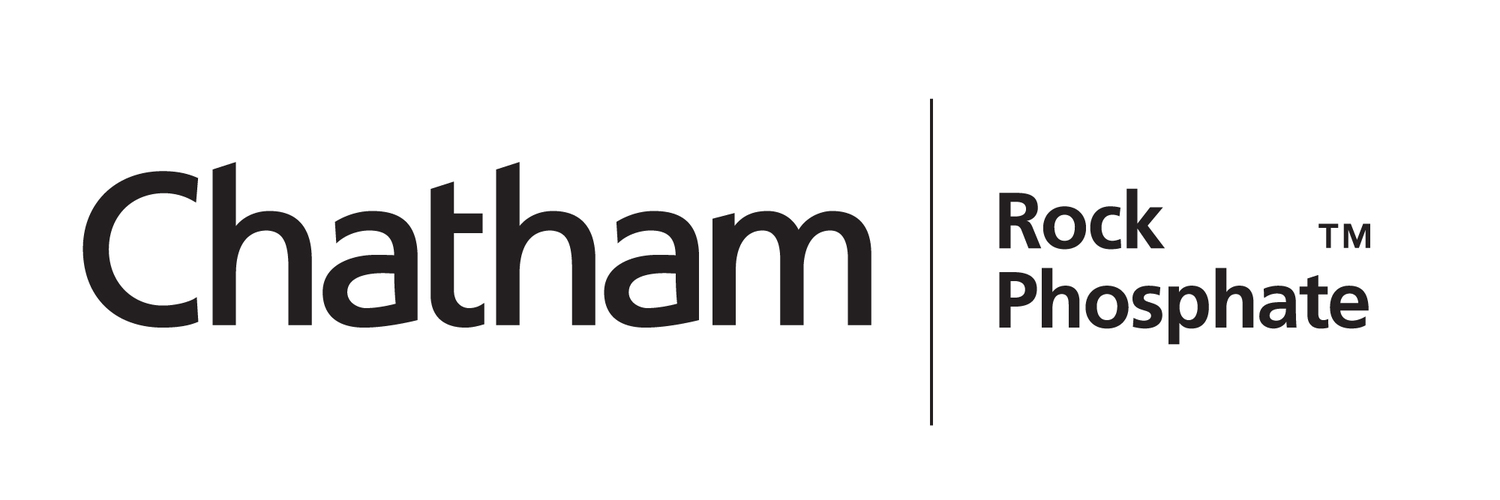Chatham Rock Phosphate investigates possible seabed by-products
/8 November 2011
Chatham Rock Phosphate Limited (CRP) has established the existence of potentially valuable by-products on the seabed within its rock phosphate licence area at the Chatham Rise.
In mid 2011 CRP arranged for two moorings to be located on the central Chatham Rise in order to measure water currents and to collect other environmental baseline data. As this required a vessel to be out on the Chatham Rise for several days in May and then July CRP decided to collect bottom samples of sandy silt from various nearby locations. The primary purpose of gathering these samples was to assist project partners, Boskalis, in refining the design of its phosphate nodule recovery system.
CRP also decided to undertake a detailed analysis of the constituents of the sandy silt and this work has recently been completed. Waikato University analysed a representative selection of 10 of the 46 seabed samples gathered this year.
While these results are of a very preliminary nature and clearly are limited to a very small group of samples, they do demonstrate that there are significant quantities of glauconite contained within the seabed sandy silt layer that also contains the phosphate nodules. As such it appears possible the recovery system designed to gather the phosphate nodules may also capture the glauconite fraction without incurring additional recovery costs.
Boskalis has already started designing a ship-based system to separate the phosphate nodules from the sandy silt and has now been commissioned to:
- conduct a check analysis of the sandy silt samples and to,
- investigate the feasibility of a secondary recovery circuit that separates the glauconite particles.
Preliminary laboratory tests of a separation technique have been encouraging on a very small scale but translating this successfully into a high volume extraction system may be challenging.
Glauconite is a mica-type clay mineral containing potassium, which makes it (like the Chatham Rise rock phosphate) an ideal slow release direct application fertiliser. It can also be used in glass manufacture and for paint pigments.
Glauconite powder is presently sold in Russia for fertiliser use for US$365/tonne.
Recent technological advances suggest that it’s now possible to separate potassium from glauconite, which could create another market opportunity as the demand for potassium (also known as potash) is substantial. Potash presently sells for US$470/tonne, rock phosphate for US$199.
Next Steps
At present we are aware glauconite is present in the sandy silt layer within our licence on the seabed of the Chatham Rise. But we don’t know how widespread it is, whether we can separate it or even if we can sell it in the substantial quantities that could eventuate if separation can be achieved economically.
Work is now under way to answer these questions and sufficient resources are being committed to ensure that the answers are known in time to incorporate this recent development into our overall project plan.
Royal Boskalis Westminster N.V.
Royal Boskalis Westminster N.V. (Boskalis) is a leading global services provider operating in the dredging, maritime infrastructure and maritime and terminal services sectors. The activities of Boskalis comprise Dredging & Earthmoving, Harbour Towage, Salvage, Transport & Heavy Lift, Terminal Services and Maritime Civil Infrastructure.
Boskalis concentrates on the commodities such as oil and gas, ports, and land reclamation / coastal protection market segments. This spread gives the group a solid foundation and the flexibility to be able to take on a wide range of projects with excellent prospects for balanced growth. Demand for its services are driven by growing energy consumption, growth in global trade, growth in world population, and climate change.
The company’s main clients include oil companies, mining firms, port operators, governments, shipping companies and international project developers. Boskalis provides its clients with a broad range of services within the chain comprising design, project management, execution and continuous services.
Boskalis has around 14,000 employees and is active in over 65 countries across six continents. Its versatile fleet consists of over 1,100 vessels. Boskalis is based in the Netherlands and its shares are included in the prime index (AEX) on NYSE Euronext Amsterdam.
Chatham Rise Project Background
Chatham Rock Phosphate Limited holds an offshore prospecting permit covering an area of 4,726 km2 on the central Chatham Rise. The permit area, which is in New Zealand territorial waters, is located 450 km east of Christchurch and includes significant shallow seabed deposits of rock phosphate. The initial term of the permit is two years with rights to either extend the prospecting permit or apply for a mining licence.
Establishment of a rock phosphate industry in New Zealand territorial waters has a significant number of economic, environmental and market benefits.
The economic benefits include
- Import substitution of up to $300 million annually
- Possible exports to near markets
- Reduced commodity risk for fertiliser manufacturers and farmers
- Reduced foreign exchange risk for fertiliser manufacturers and farmers
- Development of a new NZ industry
- Generation of additional income for the local economy
- Security of supply (most rock phosphate is imported from North Africa and the Middle East)
The environmental benefits include
- Local product is significantly lower in cadmium than imported product
- Much lower carbon footprint than imported product
- If applied as a direct application fertiliser, CRP has less run off than super-phosphate, is applied less frequently, and is a more effective, slower acting product
- Extraction will occur in accordance with International Marine Mining environmental guidelines
The market benefits include
- Much cheaper source than Morocco
- Nominally 25+ years security of supply
- Known extraction costs could enable less volatile price contracts, which will benefit fertiliser companies, farmers and agriculture outputs generally
Environmental considerations are essential and CRP has an ongoing wide-ranging programme of consultation with fishing, conservation, Maori and other interest groups around these matters.
On behalf of the Board
Chris Castle
Wellington, 8 November 2011
View or Download Chatham Rock Phosphate investigates possible seabed by-products pdf







 +64 21 5581985
+64 21 5581985 chris@crpl.co.nz
chris@crpl.co.nz PhosphateKing
PhosphateKing